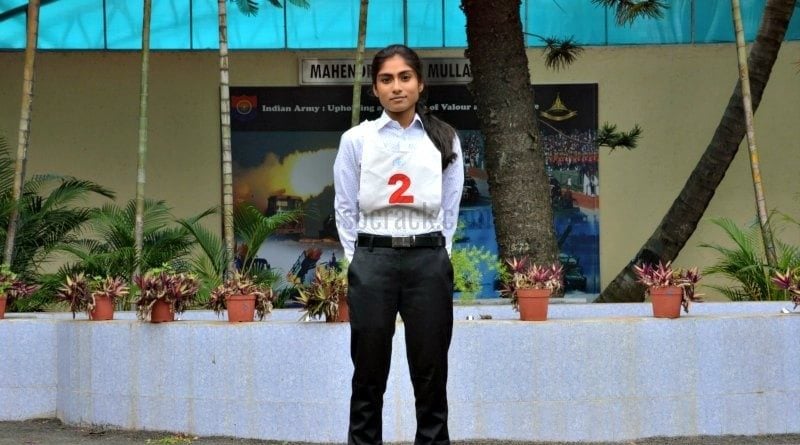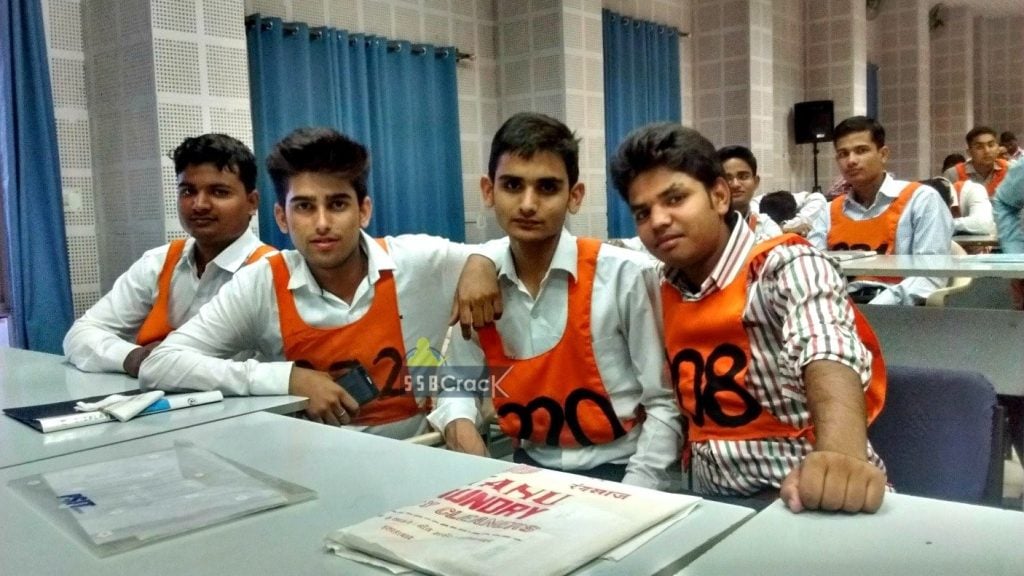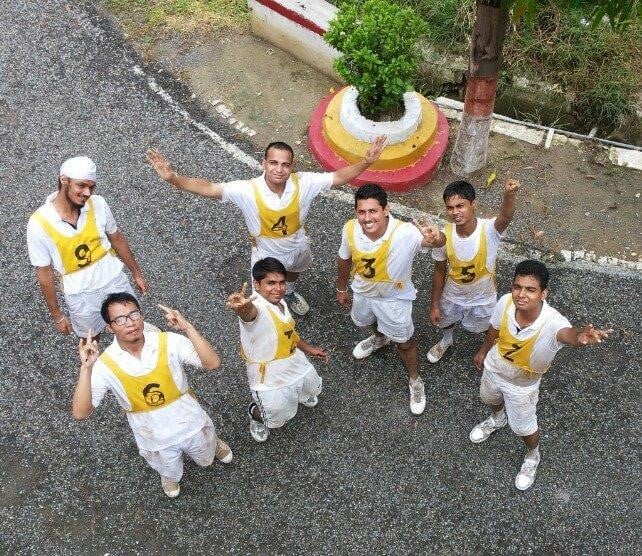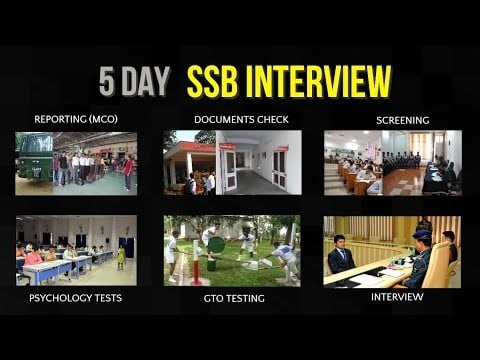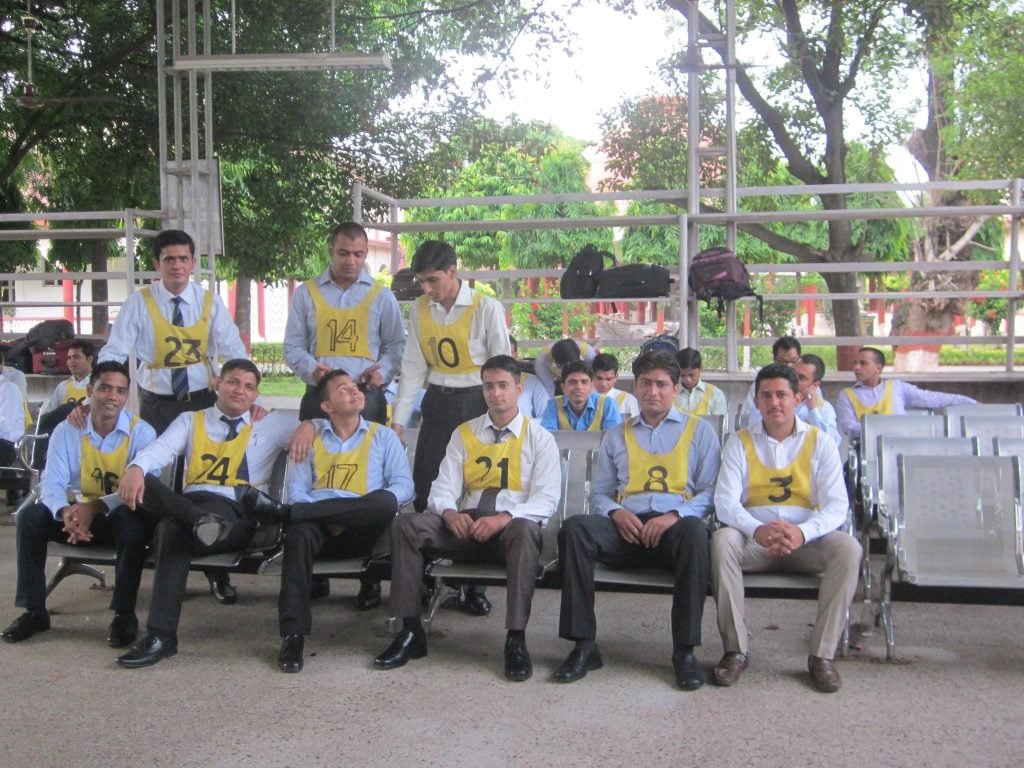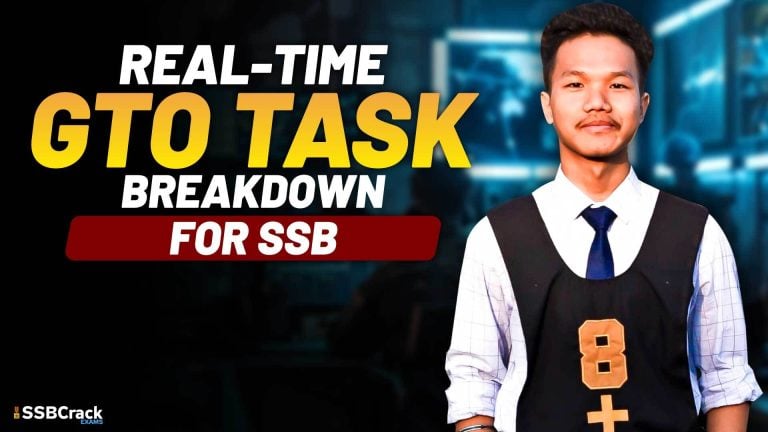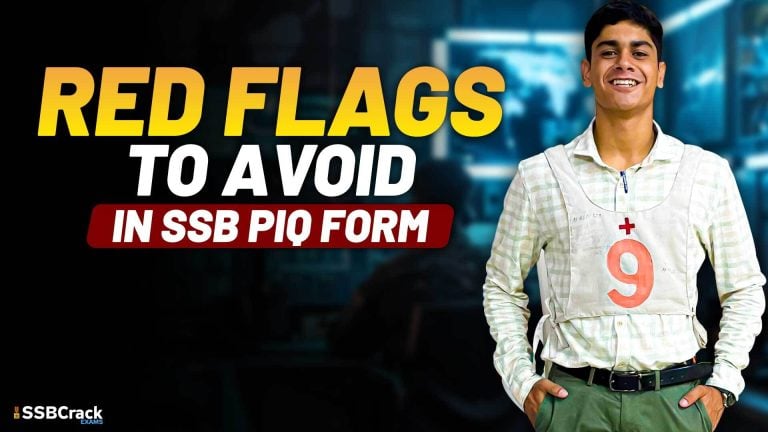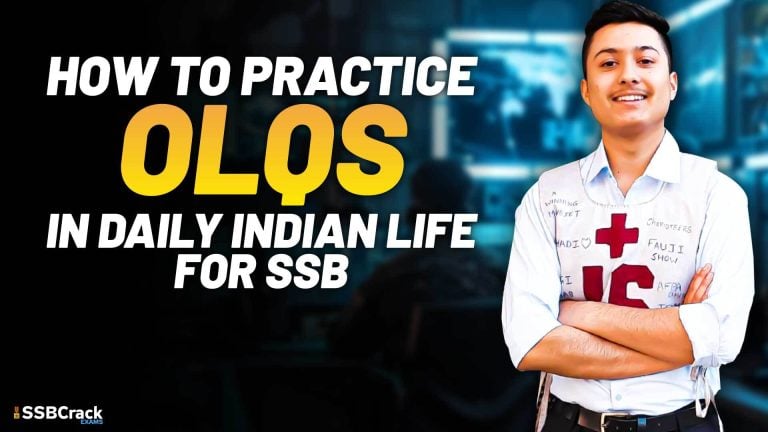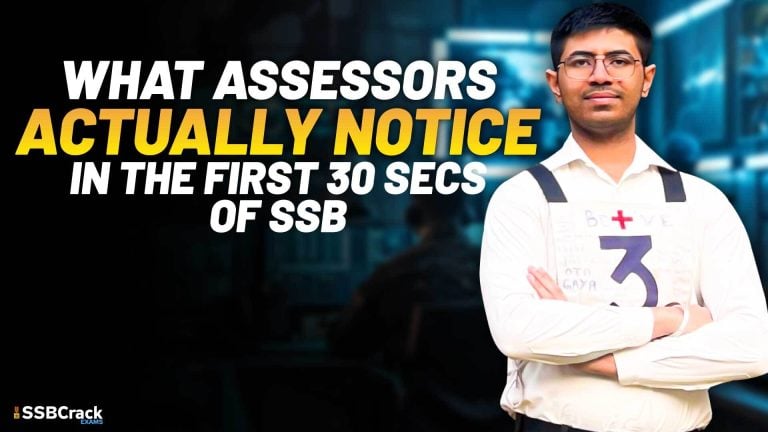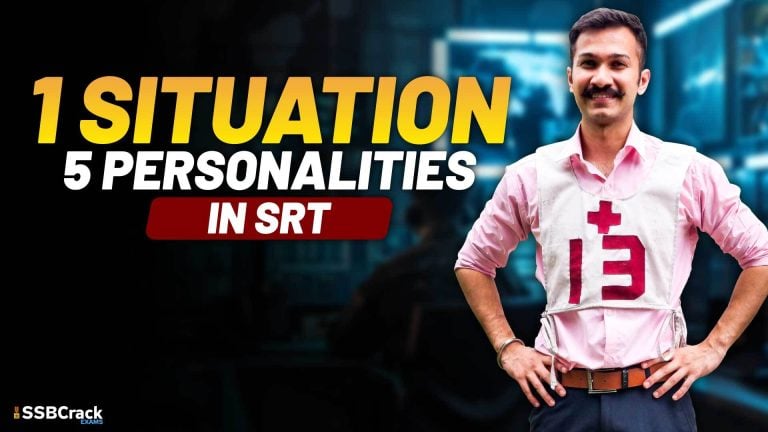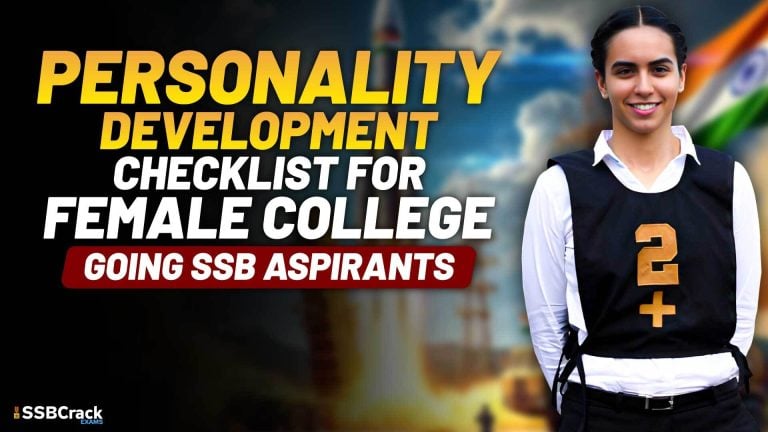The journey to becoming an officer in the Indian Armed Forces is paved with numerous challenges, and one of the most critical hurdles is the Services Selection Board (SSB) interview.
This comprehensive SSB Interview evaluation process not only assesses a candidate’s intellectual and physical capabilities but also delves deep into their overall personality and leadership potential. Amidst this multifaceted assessment, one attribute stands out as a true game-changer: effective communication skills.
The Pivotal Role of Communication in the SSB Interview
Communication is the foundation upon which successful leadership is built. It is the language through which aspirants convey their ideas, connect with their peers, and demonstrate their suitability for the esteemed role of a military officer. In the context of the SSB interview, communication skills encompass a diverse array of elements, each playing a crucial part in the overall evaluation.
Verbal Communication: Articulation and Confidence
The ability to express one’s thoughts clearly and confidently is paramount in the SSB interview. Candidates are expected to articulate their responses with precision, using a rich vocabulary and appropriate tone and inflection. Verbal communication not only reflects the candidate’s intellectual prowess but also their poise and self-assurance, both of which are highly valued by the interviewers.
Non-Verbal Communication: Body Language and Presence
Effective communication extends beyond mere words; it also encompasses the subtle yet powerful nuances of body language and presence. Candidates are closely observed for their posture, eye contact, facial expressions, and overall demeanor. A confident and composed body language can reinforce the candidate’s verbal messaging, while fidgeting or averted gaze can undermine even the most well-articulated responses.
Listening Skills: The Art of Engaged Comprehension
In the SSB interview, communication is a two-way street. Candidates are not only evaluated on their ability to express themselves but also on their capacity to actively listen and comprehend the questions or instructions given. Attentive listening, followed by thoughtful and relevant responses, demonstrates the candidate’s engagement, emotional intelligence, and adaptability – all essential traits for a future military officer.
Written Communication: Clarity and Precision
While the SSB interview process involves various stages of verbal and non-verbal communication, written communication also plays a crucial role. Candidates are required to showcase their ability to express their ideas, thoughts, and experiences in a clear, concise, and well-structured manner. This is particularly evident in the psychological tests, where candidates must articulate their responses through written narratives and essays.
Also Read | 11 Ways to Enhance Your Thinking for SSB Personal Interviews
The Impact of Communication Skills on Different Stages of the SSB Interview
The SSB interview is a multifaceted process, with each stage designed to assess a candidate’s suitability for a career in the Indian Armed Forces. Communication skills are interwoven throughout this evaluation, influencing the candidate’s performance at every step.
Screening Tests: Setting the Tone
The first day of the SSB interview begins with the Screening Tests, which include the Officer Intelligence Rating (OIR) Test and the Picture Perception and Description Test (PPDT). In the OIR Test, communication skills are essential for comprehending and interpreting the questions accurately. The PPDT, on the other hand, directly assesses a candidate’s verbal and written communication abilities, as they are required to describe a picture and participate in a group discussion.
Psychological Tests: Articulating Thoughts Clearly
The second day of the SSB interview is dedicated to the Psychological Tests, including the Thematic Apperception Test (TAT), Word Association Test (WAT), Situation Reaction Test (SRT), and Self-Description Test (SD). While these tests primarily focus on the candidate’s psychological makeup, effective communication skills are crucial in presenting their thoughts and experiences in a clear, coherent, and compelling manner.
Group Testing Officer (GTO) Tasks: Showcasing Leadership through Communication
The third and fourth days of the SSB interview are dedicated to the Group Testing Officer (GTO) Tasks, where communication skills take center stage. From Group Discussions (GD) and Group Planning Exercises (GPE) to Progressive Group Tasks (PGT), Command Tasks, and the Final Group Task (FGT), candidates are evaluated on their ability to articulate their ideas, listen to others, and coordinate group efforts effectively. The ability to give clear instructions, motivate team members, and resolve conflicts through effective communication is a hallmark of a strong leader.
Personal Interview: Projecting Confidence and Sincerity
The final stage of the SSB interview is the Personal Interview, where candidates engage in a one-on-one interaction with the interviewing officer. This stage is a critical test of a candidate’s verbal communication skills, as they must answer questions clearly and confidently, while also demonstrating their listening skills, honesty, and integrity through their responses and body language.
Also Read | How to Prepare for NDA SSB Interview Process
Communication Skills and Effective Leadership
In the Indian Armed Forces, the role of an officer extends far beyond individual tasks and responsibilities. It involves leading and managing a team, a responsibility that requires exceptional communication skills. Effective communication is the cornerstone of successful leadership, enabling officers to:
- Issue Clear Instructions: The ability to convey orders and directives in a clear, concise, and unambiguous manner is essential for ensuring that tasks are executed as intended, minimizing the risk of confusion or mistakes.
- Motivate and Inspire Troops: Effective communication, whether through speeches, informal conversations, or non-verbal cues, plays a crucial role in uplifting morale, instilling confidence, and inspiring subordinates to perform at their best.
- Resolve Conflicts: In any team environment, conflicts are inevitable. Officers with strong communication skills can address these conflicts by actively listening to all parties, understanding their perspectives, and negotiating resolutions that maintain harmony and teamwork.
- Build Trust: Open and honest communication fosters trust between officers and their subordinates, as it demonstrates respect, transparency, and a genuine concern for the well-being of the team.
- Facilitate Liaison and Negotiation: Effective communication skills enable officers to liaise with other units, branches, or even international forces, facilitating coordination, negotiating terms, and ensuring mutual understanding.
Strategies to Enhance Communication Skills for the SSB Interview
Given the pivotal role of communication skills in the SSB interview and the broader context of military leadership, it is crucial for aspiring candidates to proactively work on improving these skills. Here are some effective strategies to enhance communication proficiency:
Practice Public Speaking
Engaging in regular public speaking exercises, such as joining a Toastmasters club or participating in debates, can help candidates overcome the fear of speaking in front of others and develop confidence in their verbal communication abilities.
Participate in Group Discussions
Actively participating in group discussions on a wide range of topics can help candidates hone their ability to express their ideas logically, listen attentively, and respond appropriately to others’ perspectives.
Enhance Vocabulary and Grammar
Improving one’s vocabulary and command of grammar can significantly enhance the clarity and precision of verbal and written communication. Candidates should engage in regular reading, writing, and language-focused exercises to strengthen these skills.
Focus on Body Language
Candidates should pay close attention to their body language, including posture, eye contact, facial expressions, and gestures, and practice projecting a confident and engaged presence.
Seek Feedback and Mentorship
Regularly seeking feedback from peers, mentors, or communication experts can provide valuable insights into areas of improvement. Candidates should be open to constructive criticism and work on incorporating the feedback to refine their communication skills.
Also Read | Simple Steps to Prepare for Your CDS SSB Interview
Conclusion
In the pursuit of a career in the Indian Armed Forces, the SSB interview stands as a formidable challenge that tests a candidate’s multifaceted abilities. Among these, the importance of communication skills cannot be overstated. Effective communication, encompassing verbal, non-verbal, listening, and written components, is not only a crucial determinant of success in the SSB interview but also a cornerstone of effective leadership in the military. By mastering the art of communication, aspiring candidates can navigate the SSB interview with confidence, showcase their leadership potential, and take a significant step towards realizing their dream of serving the nation with distinction.
FAQs
1. Why are communication skills important in interviews?
Communication skills are essential in a job interview, as they enable you to effectively convey your preparation, skills, and knowledge to recruiters. Your exam results, grades, profile, and work experience will only be significant if you can discuss them confidently.
2. Why is communication skills important?
Effective communication is crucial in both the business sphere and our personal lives. It enables us to better understand individuals and circumstances. By facilitating mutual understanding, it helps us navigate differences, foster trust and respect, and create an environment conducive to sharing innovative ideas and resolving challenges.
3. What is the importance of communication in Defence forces?
Without it, troops and resources won’t be able to stay informed, coordinate actions, synchronize operations, or make rapid decisions in difficult situations.
4. What are the 5 means of communication in the military?
Five types of army communications are radio communication, satellite communication, telephone communication, computer communication, and visual communication. The most prevalent method is radio communication, which involves using handheld or vehicle-mounted radios for voice and data transmission.
5. What is the 5 C of communication?
In a business environment, individuals often prioritize speed in task completion, which can negatively impact their written communication. To communicate effectively, keep in mind the 5 C’s of communication: clear, cohesive, complete, concise, and concrete.
